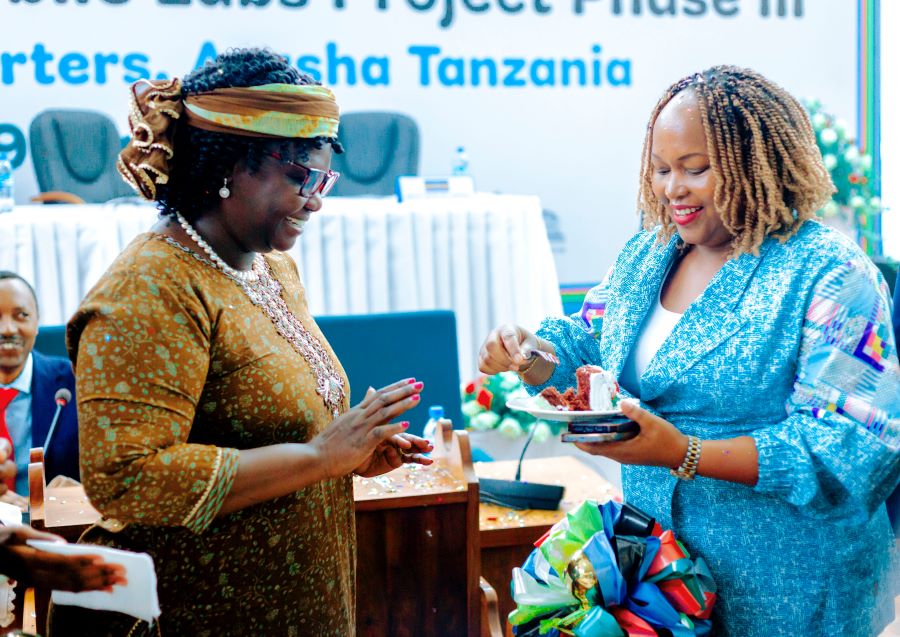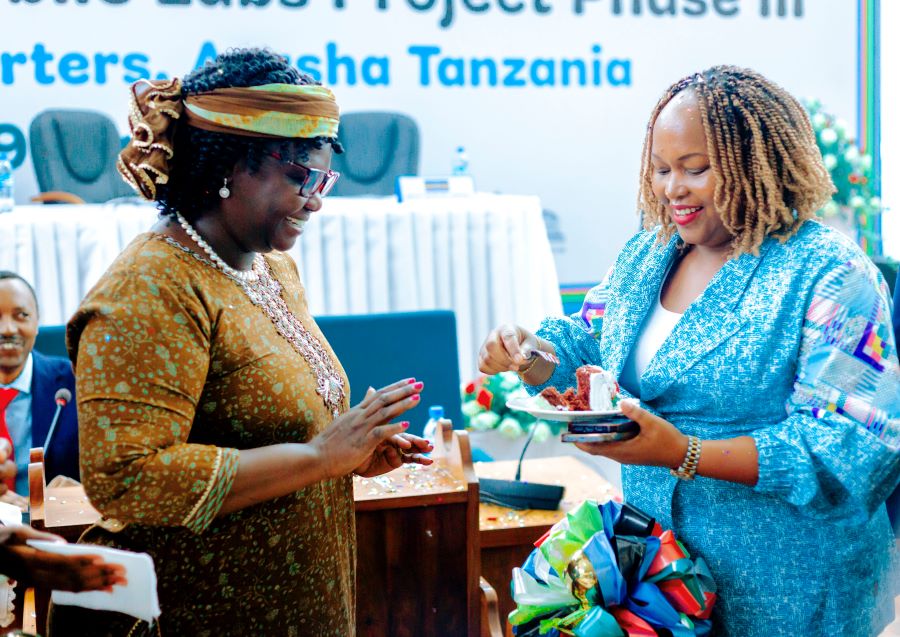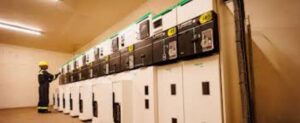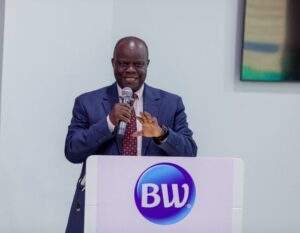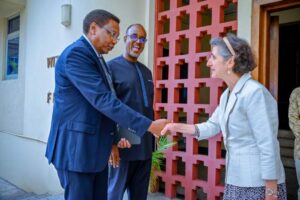By Business Insight Correspondent
The East African Community (EAC) has secured €12 million in funding from the Federal Republic of Germany to implement Phase III of its Regional Network of Reference Laboratories for Communicable Diseases Project.
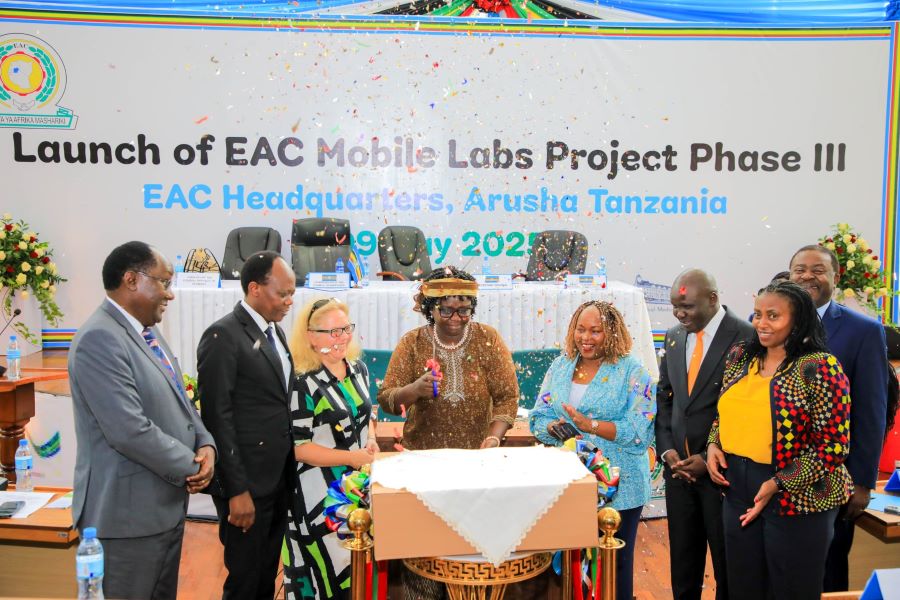
This is a strategic initiative aimed at boosting the region’s capacity to detect, respond to, and contain infectious disease outbreaks.
The funding, provided through the German Development Bank (KfW), will support a three-year project from July 2025 to July 2028. The announcement was made on Thursday during the official launch of Phase III at the EAC Headquarters in Arusha, Tanzania.
Speaking at the launch, Beatrice Askul Moe, Chairperson of the EAC Council of Ministers and Kenya’s Cabinet Secretary for EAC Affairs, said the project aligns with the One Health approach, which integrates human, animal, and environmental health responses.
“Rapid and accurate laboratory detection of outbreaks is vital for safeguarding public health across Partner States. This initiative demonstrates our collective commitment to regional health security,” said Mr. Moe.
Phase III builds on nearly a decade of EAC investments in laboratory capacity. Since 2016, the EAC and its partners have deployed mobile laboratories across member states to support emergency responses to more than 50 disease outbreaks, including Ebola, Marburg, Rift Valley Fever, Dengue, Measles/Rubella, COVID-19, and Mpox.
Under Phase I, the EAC established a regional network of nine mobile laboratories focused on rapid detection of high-threat pathogens such as Ebola and Marburg.
Phase II emphasized antimicrobial resistance (AMR) surveillance and initiated procurement of six additional mobile lab units and 18 sequencing units.
Phase III introduces four key components namely operationalisation of a Regional Centre of Excellence for virology at Uganda Virus Research Institute (UVRI) and upgrading the mobile lab network to One Health standards, fostering cooperation between human and animal health sectors.
The phase will also see expansion of genomic surveillance capacities at national and regional levels as well as integration of the Democratic Republic of the Congo (DRC) into the EAC lab network and procurement of eight mobile labs for animal health.
Benefits to regional trade and mobility
EAC Secretary General, Veronica Nduva, emphasised the broader economic and social benefits of the investment.
“The ability to rapidly detect pathogens not only protects public health but also ensures uninterrupted movement of people and goods within the EAC. It’s a foundation for trade resilience and economic integration,” she said.
She added that the concept of mobile labs – deployed directly to outbreak hotspots – significantly reduces turnaround times from sample collection to diagnosis, enabling timely treatment and targeted containment measures.
Germany commitment
Julia Kronberg, Head of Cooperation at the German Embassy in Tanzania, reiterated Germany’s continued partnership with the EAC in strengthening pandemic preparedness.
“Germany stands firmly alongside the EAC in enhancing regional health infrastructure. In an era of shifting global health priorities, strategic partnerships like this are essential,” she said.
Germany, through BMZ and KfW, has invested approximately €25 million since 2016 to establish ten mobile laboratories across the region. These labs played a central role during the COVID-19 pandemic and the recent Ebola and Marburg outbreaks.
In addition, the GIZ-supported PanPrep Project is working alongside the EAC Secretariat to build capacity in risk communication, sanitation, and crisis response.
The EAC plans to further expand its support to partner states by strengthening sub-national laboratory networks and exploring pooled procurement strategies for medical supplies.
These efforts are being aligned with evolving global frameworks such as the proposed Pandemic Accord currently under negotiation at the World Health Organisation.
With eight member states – including recent additions DRC and Somalia – the EAC is steadily positioning itself as a regional model for pandemic preparedness and public health coordination.
“This project is not just about preventing the next pandemic – it’s about creating a resilient health ecosystem for the entire region,” said Mr. Moe.
